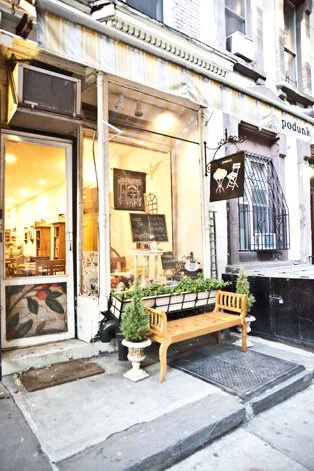Sunny in January
It’s a gray January day and I’m in a very cold car, waiting for…well, waiting. But sunny scents surround me, and not for the first time, I realize how good food can taste when I’m just reading about it, e.g., the garlic in “mere gaspacho” that is the “favourite dish of Andalusians, and the prettiest women do not shrink from swallowing bowlfuls.” For dinner, I’m thinking about Suliman’s Pilaff, which is “just” rice and cooked mutton, but also fried onions, garlic, raisins, currants, garlic, tomato, and pine nuts. “One of the most comforting dishes imaginable.” Preach.
Readers of this page know that I don’t often buy new books about food. I tend to hunt through stacks and boxes in used bookstores and old churches for classics castoff in estate sales or in decluttering frenzies. Found cookbooks have only three conditions, none of which are related to literature, but only to usefulness and deliciousness:
Never opened (with dusty but tight pages, jackets faded tellingly because that book lived next to another unused book for absolute years);
Dog-eared, stained, ruined (pages scratchy with spilled ingredients and open up to the best recipes in the book with ease);
The hybrid (one or two recipes have been used constantly, but the rest of the book is untouched).
Elizabeth David’s Mediterranean Food was first published in 1950; French Country Cooking came out in 1951, and Summer Cooking in 1955. In subsequent editions, Alice Waters wrote a foreword for one, and then James Beard wrote a foreword for the other, and last, Biscuit Books, a tiny little publisher in Newtown, MA, decided, rightly, to put all of these into one beautiful volume.
I found that book in a well-stocked, crowded bookstore in Bennington, VT, two years ago, and today it came off the shelf. It was written more than 70 years ago! Did Ms. David have a Londoner’s appreciation for sunny climates? Was she looking out on a rainy cityscape and daydream about the French countryside? Or is it simply that she walked through a street on a summer holiday and the scent of a particular food wafted across her memory?
I would never take on the job of convincing you that Elizabeth David is a good writer and that we can all learn a lot from her. Other better cooks and better writers have made that case. I simply wish to spare you the pile of regret I’m facing for all the years that passed before I picked up an Elizabeth David book and actually read it.



